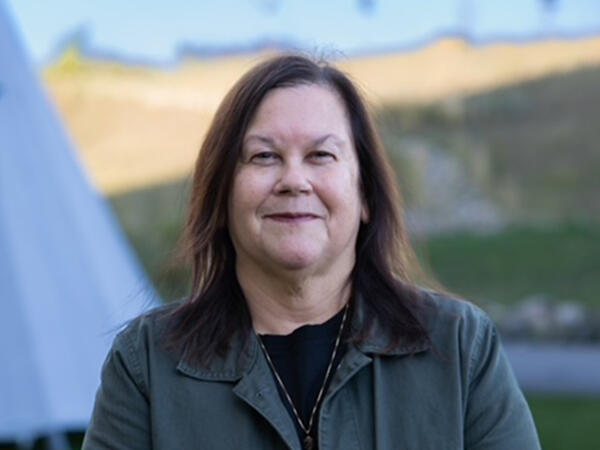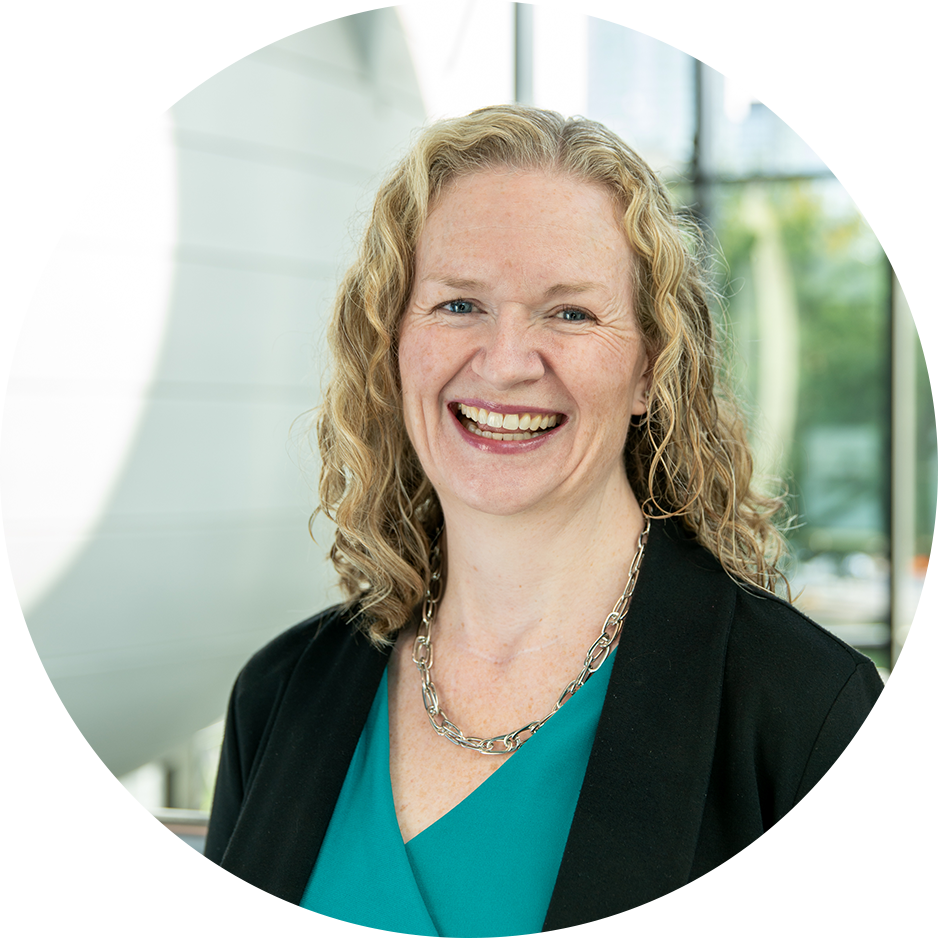Photo c/o Adobe Stock.
Older adults with common but complex chronic conditions like diabetes and dementia often have challenges navigating the health care system. For older adult immigrants, language barriers and cultural differences can make it even more difficult.
Kainat Bashir, a post-doctoral researcher with associate professor Lisa McCarthy at the Leslie Dan Faculty of Pharmacy, has seen the older adults in her South Asian family struggle to access the health care programs they need. That’s part of the reason she was drawn to research to improve community support for older adult immigrants to age at home.
“Navigating the health care system can be challenging, even for people who are well-educated and speak English as a first language, so if you’re new to the system or have language barriers, it can be even more difficult,” says Bashir. “We're hoping to address this and create supports for immigrant communities to age at home while managing their health conditions.”
Bashir is part of a collaborative team of academics and community partners who recently received funding through a Novo Nordisk Network for Healthy Populations (NHP) Catalyst Grant to co-design programs to support older immigrants with diabetes and dementia aging at home as they await a space in long-term care.
Gap in knowledge of supports available for immigrants with diabetes and dementia
Immigrant communities in Mississauga have some of the highest rates of diabetes in Canada. About half of older adults with diabetes have dementia, making it more difficult to manage their diabetes care.
Bashir had previously worked with McCarthy on the DIAL study, a project funded by the Canadian Institutes of Health Research that aims to optimize diabetes management for older adults in long-term care homes. But she saw that there was a gap in understanding diabetes management in a different setting.
“Through the DIAL research, I learned a lot about the challenges that long-term care residents and their caregivers face living with diabetes and the effects of cognitive decline,” says Bashir. “I thought that there was a gap in understanding what this looks like while people are at home and waiting for a spot in long-term care, since their needs would be very different. This needs to be explored to see what supports are already in place and what is missing.”
“I feel strongly that integrating care and leveraging the great programs that already exist in our community can collectively make a big impact.”
In the first stage of the project, the team will assess the health and social needs of the community, as well as current community programs and care models in other jurisdictions. They will then meet with partner organizations and people with lived experience to co-design a program that addresses the needs of the community and improves both clinical outcomes and quality of life for older immigrants with diabetes and dementia. The project could also help inform how programs for other populations can be co-designed with community members and partners.
“Through my practice as a pharmacist, I have cared for many families whose experiences we are aiming to improve. I have seen their commitment to their loved ones and their challenges navigating our health system,” says McCarthy, co-principal investigator of the project. “I feel strongly that integrating care and leveraging the great programs that already exist in our community can collectively make a big impact.”
Community partners will ensure program is culturally informed and trusted
The project is highly collaborative, involving community organizations including Partners Community Health (which operates long-term care homes and a seniors’ hub in Mississauga), Trillium Health Partners, the interprofessional care team CarePoint Health, Polycultural Immigrant and Community Services, and people with lived experience.
“Involving community partners ensures that the voices, experiences and cultural contexts of the populations we serve are truly reflected in the research,” says Ruben Rodriguez, vice president of seniors care and clinical services at Partners Community Health and co-principal investigator of the study. “This collaboration is particularly impactful in addressing the complex and often overlooked care needs of minority groups living with dementia and diabetes. Together, we are shaping a culturally responsive model of care that goes beyond the clinical lens to consider the whole person.”
“As a strong advocate for evidence-based practice, I recognize the immense value of research in action—where caregivers and researchers come together to co-design meaningful change.”
The work being done through the Catalyst Grant is just the first step in launching a program for these patients and caregivers. The research team plans to apply for additional funding to execute and evaluate whatever intervention is developed through the community consultations to improve outcomes for immigrant populations.
“As a strong advocate for evidence-based practice, I recognize the immense value of research in action—where caregivers and researchers come together to co-design meaningful change,” says Rodriguez. “In the long term, this research will help us build more inclusive, community-anchored solutions and directly supports our strategic goal of expanding services through innovative, equity-driven models that meet the diverse needs of our aging population.”
More News
Image

Research team aims to co-design diabetes and dementia support programs that meet community needs
Network for Health Populations funding will support collaborative project to improve health outcomes for immigrant communities in Mississauga.
Read More
Image

Pharmaceutical industry resident finds growth in new challenges
Pharmaceutical Industry Residency Program Award recipient AnnaMaria Passas gained new skills through residency and research project to improve marketability in industry.
Read More
Image

Pharmacy alum sees change in acceptance of Indigenous cultures in health care
During Deborah Emery’s 40-year pharmacy career, she provided care in Sioux Lookout, Thunder Bay and Manitoulin Island.
Read More

